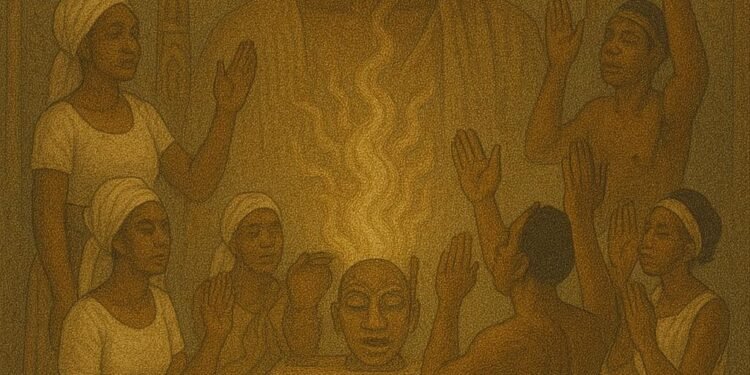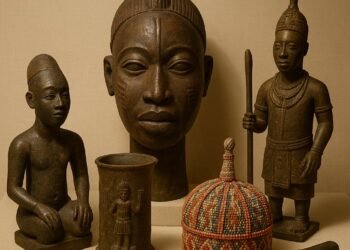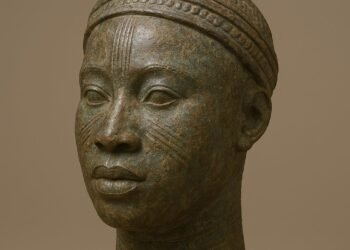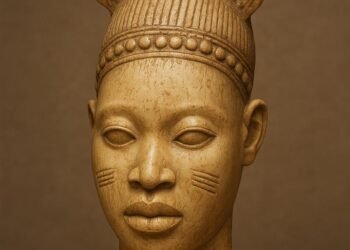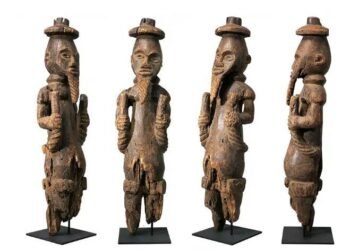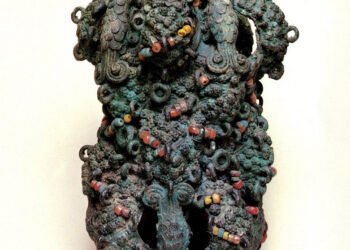Chi the god: Igbo Guardian of Destiny
Among diverse cultures and ethnic groups worldwide, different people believe in personal spirits or gods that watch over them. They believe these spirits are responsible for their guidance, sustenance and protection.
In south-eastern Nigeria, the people of the Igbo tribe believe in a spirit called “Chi”. They all have the assurance that this spirit is their guardian spirit or personal god.
They trust this spirit and believe it is responsible for shaping their character, purpose, and destiny. From the perspective of the Igbo tribe, everyone is born with a Chi that they can build a connection with in thoughts, prayers and actions.
Chi the god
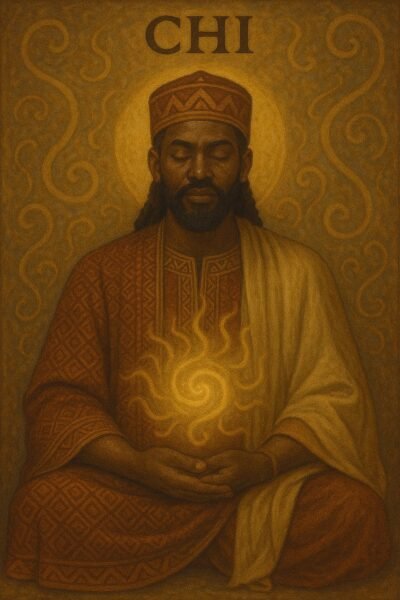
In this article, we will delve into the history of Chi and look at the role it has played in the days of old and in our contemporary time.
Read Also: The Benin Kingdom: Facts About Benin Kingdom
Table of Contents
Chi the god – Ancient meaning of Chi
Within the Igbo tribe, the supreme God being worshipped is called “Chukwu”. It can be derived from two words: “chu”, meaning spirit, and “ukwu”, meaning great. The Igbo tribe believes that “Chukwu”, their supreme God, is responsible for bringing everything around us into existence, including “Chi”.
Chi is just like a little fragment derived from “Chukwu” This allows us to connect to the creator and find purpose in our world.
Chi the god meaning
Chi is not just a spirit without a purpose. There is a reason why we all have a Chi, and it is left to everyone to make use of it appropriately as they see fit. According to the Igbo tradition, Chi is a spirit that serves as a representation of an individual’s personal identity, energy, and destiny. Everyone possesses a unique Chi, including twins. The Chi of twins is different and can be formed as male or female. The Chi everyone possesses can affect the subject matter of how people live their lives daily.
Chi’s Significance In Life
Your strengths, weaknesses and fate are all influenced by your Chi. People within the Igbo tribe primarily believe that their actions, through the decisions and efforts they make, could be influenced by Chi. They also have total assurance that Chi has given every human being the ability to make choices and grow as they will without impeding their decisions.
Read Also: Ota Benga: The Story Of A Man That Was Kidnapped & Caged
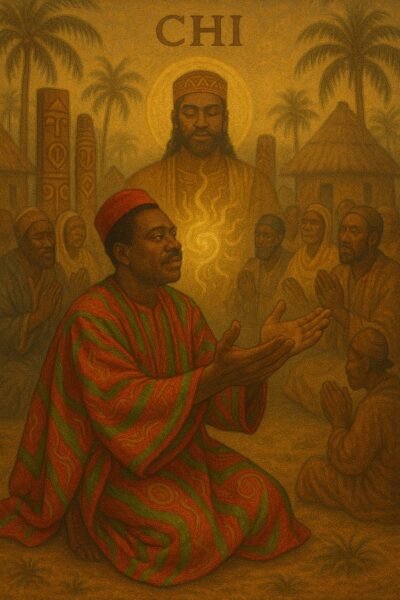
In some individuals, an evil Chi can be present. This kind of Chi can make misfortune befall an individual; however, everyone can rewrite their story and align with their true path in life.
Chi the god – Rituals and Practices
Many people within the Igbo tribe honour Chi in any way they can, and the most popular way they do this is by engaging in different daily routines and practices.
Various homes have a small shrine dedicated to “Chi”. The shrine can be built under a tree or in a secluded area within one’s home. It is at this location that prayers and offerings will be offered. Some of the most common practices carried out by “Chi” worshippers include pouring a special kind of palm wine around the altar to welcome the presence of Chi.
People renew their lost bond with Chi during special occasions like festivals by singing different songs and engaging in communal celebrations.
Let’s use a scenario involving a man who is sick or experiencing a challenge in his life. To solve this problem, a dibia or diviner will try to connect to the supernatural so they can access Chi on a deeper level. In such cases, the diviner would critically investigate whether the Chi is angry. If true, some specific sacrifices will have to be made. Additionally, if required, the individual might need to adjust their behaviour accordingly to regain harmony with Chi.
Read Also: The Nri Kingdom | Interesting Facts About Igbo Ancient Civilisation
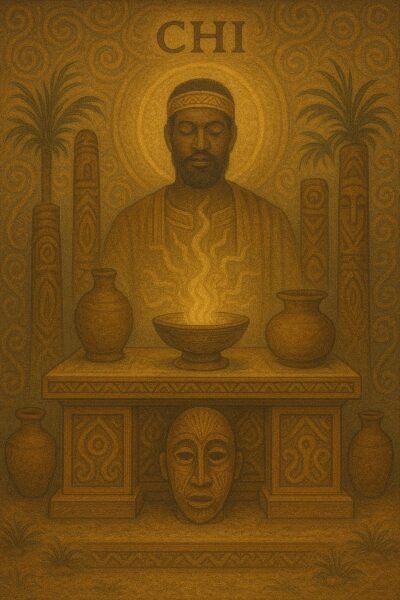
Chi in Modern Life
Chi remains a significant part of the Igbo culture today. A lot of names within the tribe start with Chi. A good example is Chika, meaning “Chi is supreme”, etc.
Moreover, within the Christian and Muslim religions of today, the idea of Chi still continues to persist and reflect in the way people live their lives.
